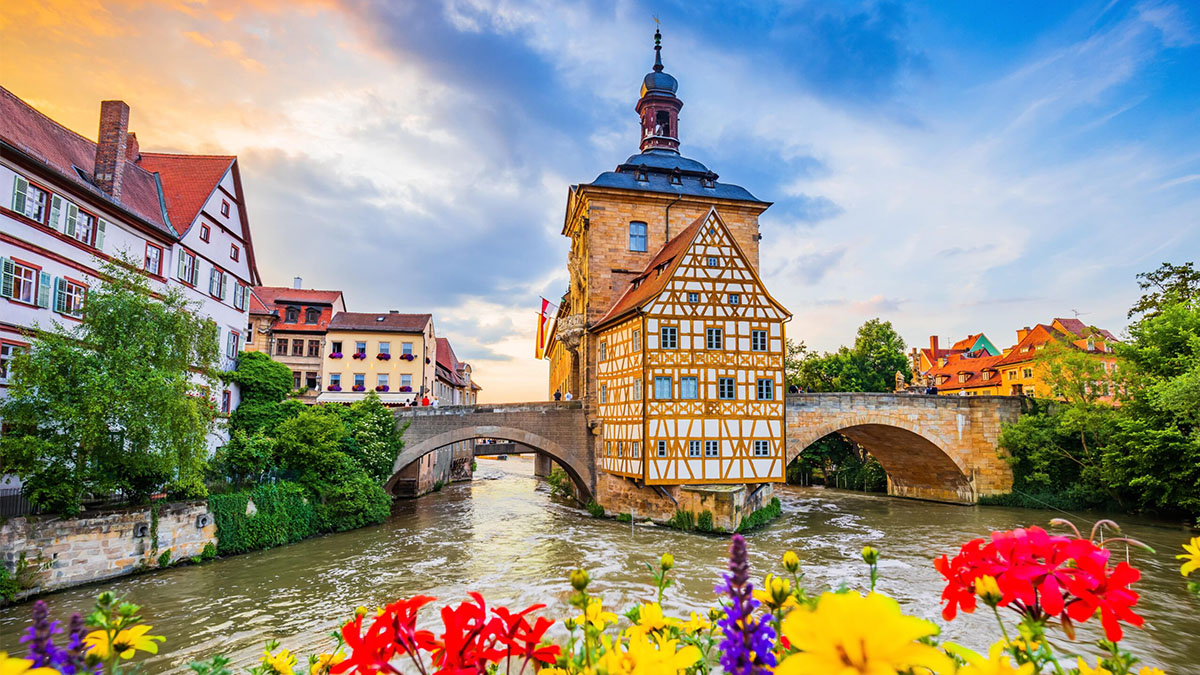Climate change, demographic shifts, technology & geopolitical instability are reshaping European tourism
- 10/1/2025
- 137 Day

Europe’s tourism sector is entering a
decisive decade, challenged by climate change, geopolitical instability,
technological advancements, demographic shifts and evolving traveller
expectations.
These trends make long-term planning increasingly
complex while raising the need for resilience and adaptive strategies. To help
destinations navigate this complex landscape, the European Travel Commission (ETC)
has published Future Proofing European Tourism Through Scenario Planning and
Strategic Foresight, a study that looks at the forces shaping tourism and
possible futures to 2035.
The study introduces strategic foresight –
specifically scenario planning – as a practical method for anticipating
disruption. While it does not predict the future, it allows to explore multiple
plausible outcomes and design strategies that remain robust under different
conditions.
Drawing on input from multidisciplinary experts and
analysis by the European Tourism Futures Institute, the study outlines four
exploratory scenarios for 2035 and a set of recommended strategic options for
National Tourism Organisations.
Key forces shaping European tourism
The report identifies six interlinked forces that will
determine how Europe’s tourism sector evolves over the next decade. Together,
they capture both the certainties that destinations must adapt to and the
uncertainties that could push the sector in very different directions.
Climate change –
Increasingly unpredictable and extreme weather reshapes seasonality, raises
costs, and disrupts operations.
Fear of (rapid) change –
Rapid technological and socio-cultural shifts create instability and
uncertainty.
Governance and regulation at the European
level – Stronger coordination at the European level is
critical to addressing polycrisis challenges.
Rise and evolution of the global middle
class – An ageing European population and a growing demand
from younger middle classes abroad reshape visitor flows.
Generational demand shift –
Younger travellers increasingly seek sustainable, flexible, and authentic
experiences, transforming offers through hybrid travel, digitalisation, and new
cultural formats.
Labour and skills challenges –
Shortages and mismatches limit the sector’s capacity to innovate and adapt.
Of these, European governance and generational demand
shifts are highlighted as the main uncertainties that could lead to very
different futures. In contrast, climate change and the rise of the global
middle class are seen as fixed realities that will influence tourism in every
scenario. Meanwhile, fear of rapid change and labour and skills challenges act
as contextual forces, shaping how these uncertainties unfold and amplifying
their effects.
Scenarios for Europe’s tourism landscape
Looking ahead to 2035, the study uses scenario
planning to imagine how different combinations of forces might reshape Europe’s
tourism landscape. The report presents four plausible futures for European
tourism:
Fragmented and Familiar –
Weak EU governance and dominance of global platforms drive mass tourism but
erode authenticity, with SMEs struggling to compete.
Coordinated and Familiar –
Stronger EU collaboration improves resilience and risk management, but platform
dependence and mass-market habits remain.
Collaborative Transformation – Inclusive
governance, generational shifts, and alignment with climate and digital agendas
foster regenerative, participatory tourism.
Uneven Transformation –
Local communities and SMEs drive innovation, but systemic disparities persist
without EU-wide cohesion.
Across these futures, systemic threats such as weak
SMEs capacity, insufficient climate adaptation, and platform dominance contrast
with opportunities including demand from the global middle class, value-driven
travel, and bottom-up innovation.
The report concludes with strategic actions that will
be valuable in any future context. These include closer cross-border
collaboration, stronger support for SMEs, tailored climate mitigation and
adaptation, and clearer ways to show the local impact of tourism. It also
proposes engaging technology platforms as partners in innovation and recommends
creating a futures lab to help NTOs track early signs of change and adjust
their strategies over time.
Commenting on the findings, ETC President Miguel Sanz
said: Tourism in Europe is undergoing deep transformation, driven by climate
change, shifting demographics and new patterns of demand. For National Tourism
Organisations, it is no longer enough to plan only for the short term, they must be prepared for very different
possible futures. This study provides them with the foresight tools to do so.
By encouraging EU collaboration, strengthening resilience, and pointing to
actions that remain relevant across scenarios, the report helps NTOs make
decisions today that will keep European tourism strong and adaptive in the
years ahead.
The report is designed as a practical guide for NTOs
and destination managers, offering tools to navigate uncertainty and seize
opportunities for more sustainable and resilient tourism development.








